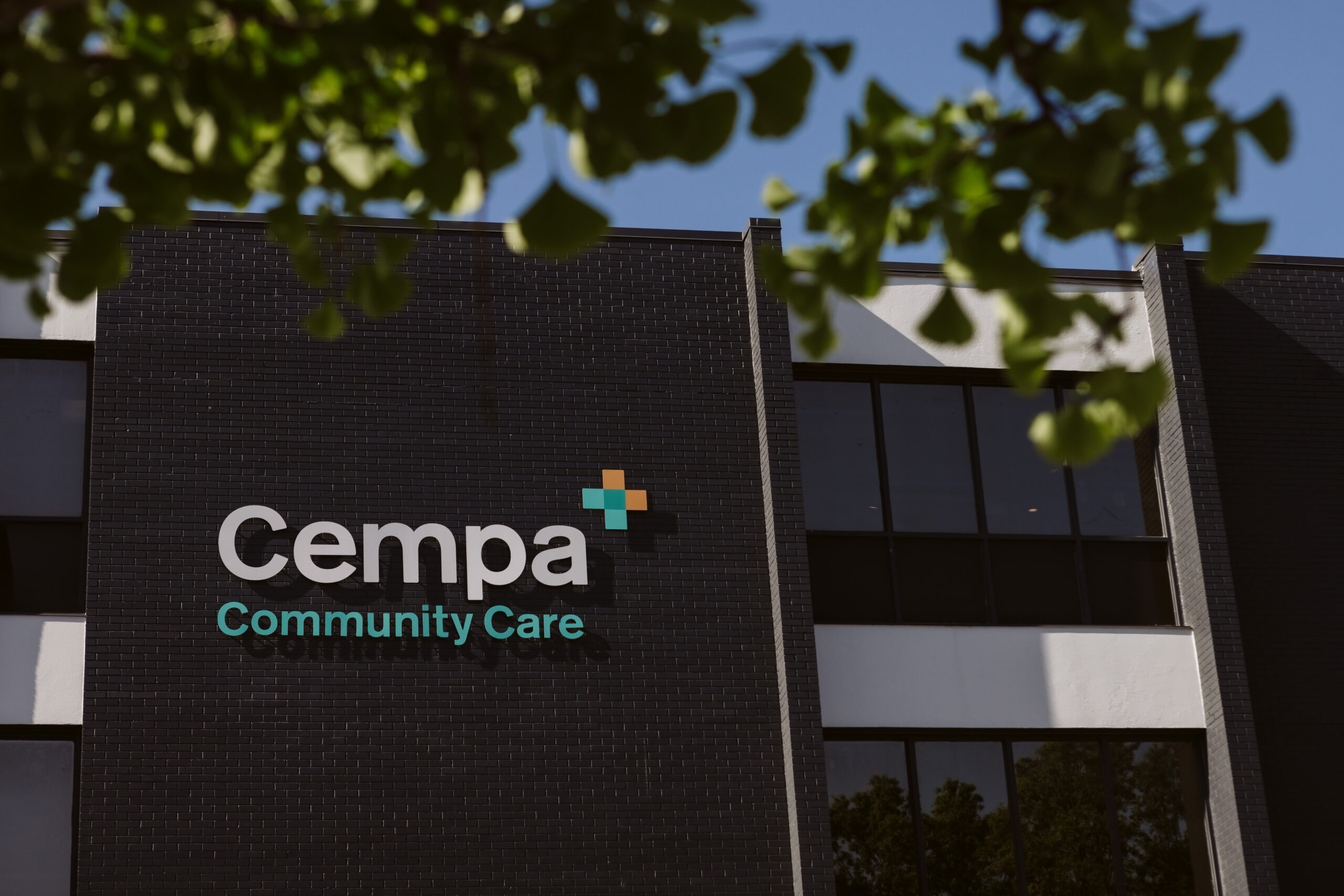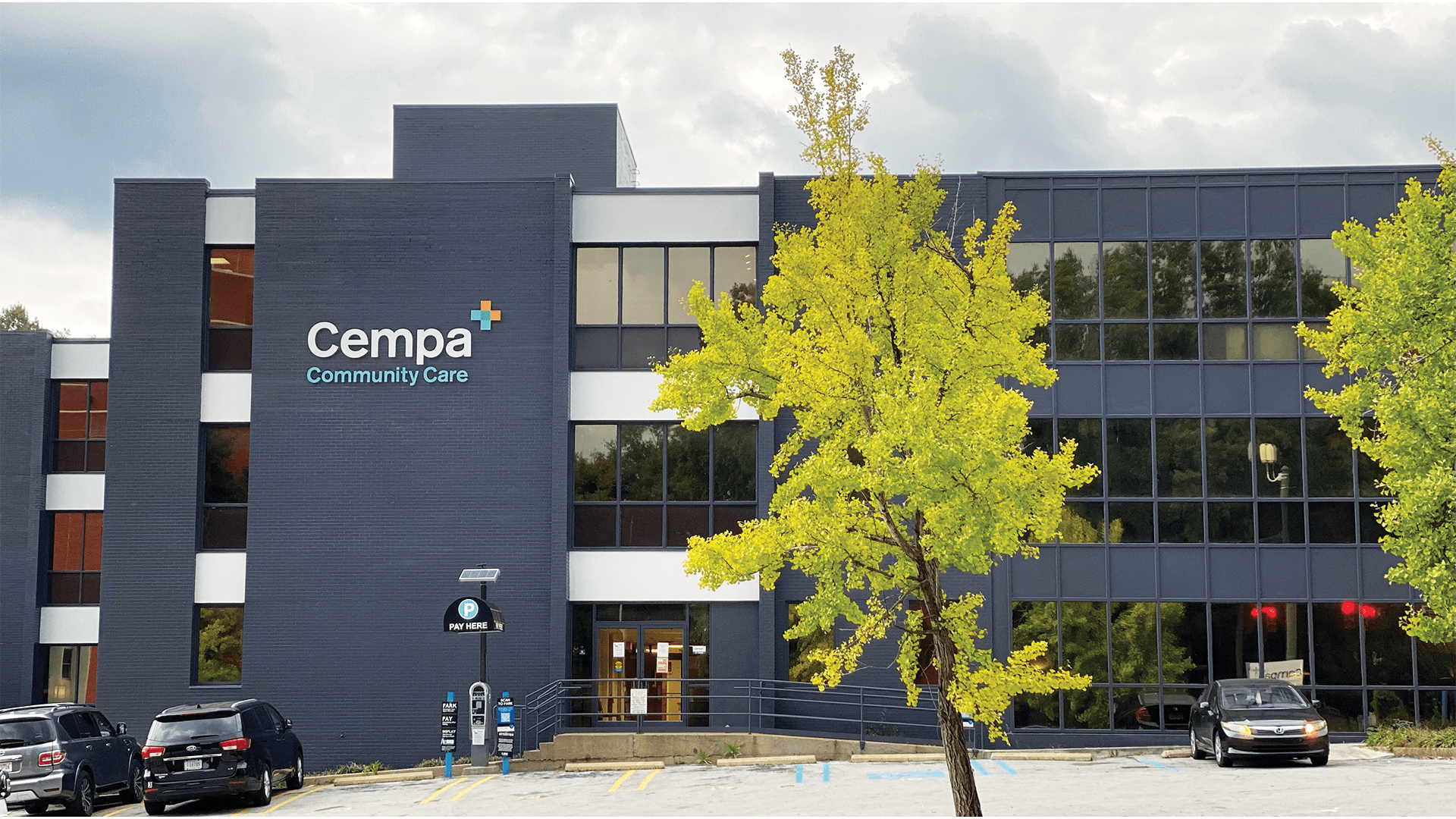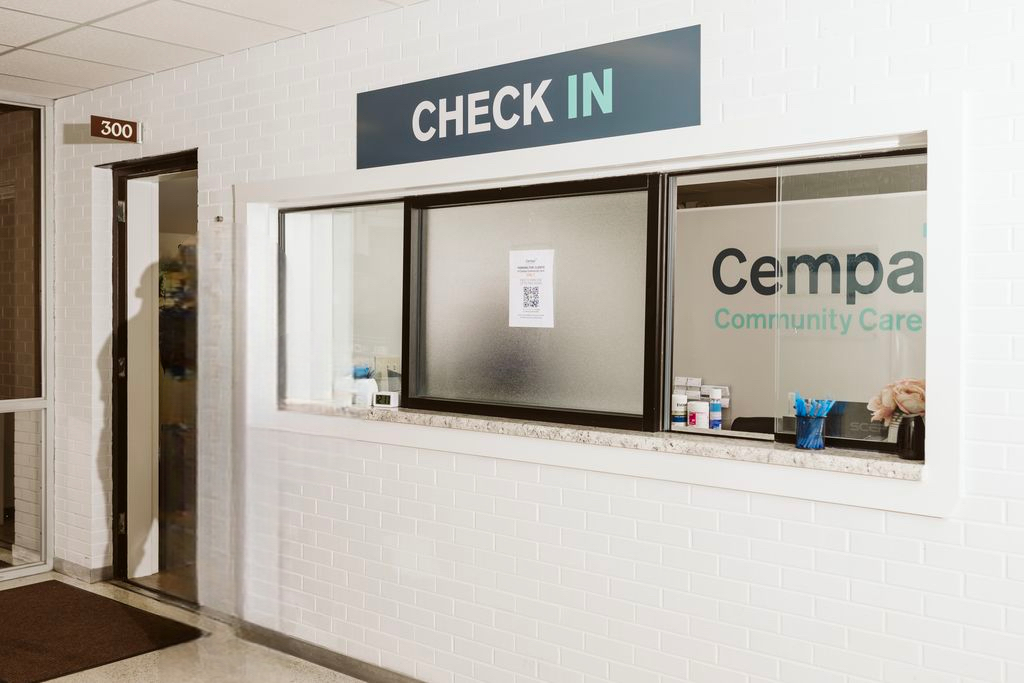For the last year, our country and local community have faced the challenges of dealing with the COVID-19 pandemic. Millions of people in the United States have gotten sick with COVID-19, and hundreds of thousands have died.
But there is now hope on the horizon! In December, two vaccines for COVID-19 were approved by the FDA, and since then, efforts have been underway to vaccinate people across the country.
While this is great news, we know there are also many questions about these vaccines. That’s why Jay Sizemore, MD, MSPH, Chief Medical Officer for Cempa Community Care, and Shannon Stephenson, Chief Executive Officer for Cempa, want to take a few minutes to share what we know.
Q: How do these vaccines work?
A: Most vaccines work by placing a small amount of inactivated virus into the body. This causes the body to build up antibodies against the virus, which helps keep a person from getting sick.
That’s not how the COVID-19 vaccines work, though. They’re a different type of vaccine called an “mRNA vaccine.”
When you receive the COVID-19 vaccine, a small amount of mRNA is placed in the body. The mRNA (what we could call a messenger) then teaches the cells in your body how to make what is known as a “spike protein.” This spike protein is what builds an immune response against COVID-19, keeping you from getting the coronavirus that causes it.
It’s important to know that mRNA is not the same thing as DNA and cannot affect your DNA in any way.
Q: Can I get COVID-19 from the vaccine?
A: No. As we mentioned above, the COVID-19 vaccines work differently than a vaccine like your annual flu shot.
Because they involve mRNA rather than inactivated virus, there is no way for you to get the coronavirus from the vaccine itself. There is no coronavirus in the vaccine.
In some cases, if you’ve been exposed to the coronavirus in the days before or after you receive the COVID-19 vaccine, you may still develop the illness. In that case, though, the illness is unrelated to the vaccine — you were simply exposed before your body was fully protected.
Q: Do I need to get the vaccine if I already had COVID-19?
A: Yes, experts still recommend getting the vaccine even if you have had COVID-19. That’s because researchers do not know if you’re immune from getting COVID-19 again, or how long that immunity might last.
This is a case where it’s better to receive the vaccine and be protected, rather than taking the risk of re-infection.
Q: When can I get the vaccine?
A: It depends. The vaccine is being distributed in the state of Tennessee based on categories. These categories are determined by a person’s age, health risk factors, and whether they’re an essential worker, such as a nurse or teacher.
When you can be vaccinated depends on your individual risk. You can use this tool to see when you might be eligible.
There’s good news, though! In late January, government officials announced that more vaccine has been ordered for delivery by the end of the summer. Health experts believe that most anyone who wants to receive the vaccine will be able to do so by early fall.
Q: Can I stop wearing a mask after getting the vaccine?
A: Unfortunately, no. For right now, it’s important to continue being careful and taking steps to prevent the spread of COVID-19.
We’re not fully protected until the majority of those in the United States have received the vaccine — and that will be at least a few months.
Until then, continue to wear a mask over your mouth and nose when in public. Stay at home whenever it’s possible, and keep six feet of distance between yourself and those who don’t live in your home.
And don’t forget to wash your hands! Wash your hands with soap and water for at least 20 seconds regularly during the day.
Cempa provides important health information about services and how to access care in both English and Spanish. To learn more, call (423) 265-2273.






